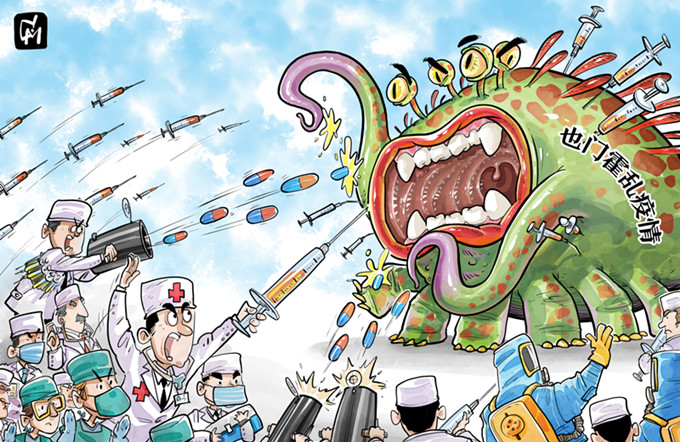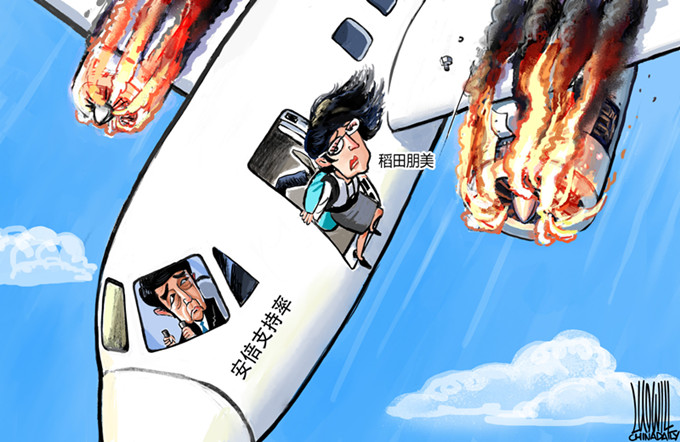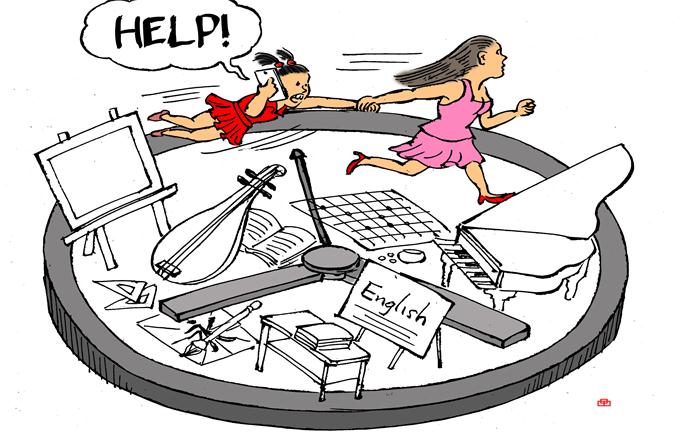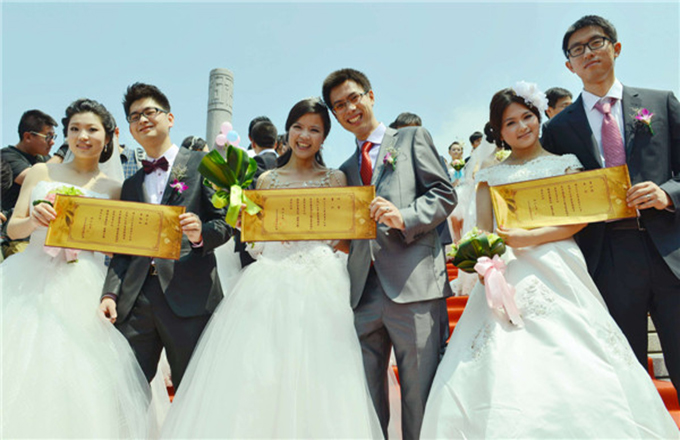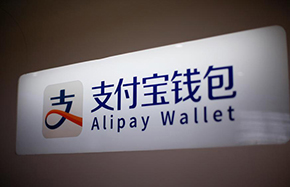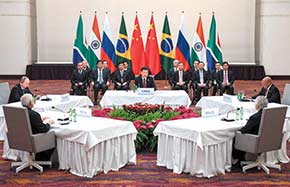China, Germany new de facto global leaders
This year marks the 45th anniversary of Sino-German diplomatic relations. During this time, the two countries have continuously grown closer and stronger.
China and Germany have become indispensable trade partners, each of great value to one another. The German Chamber of Commerce (AHK) estimated the bilateral trade value at around €170 billion in 2016, making Germany China’s largest trading partner in Europe. The Comprehensive Strategic Partnership, which was established in 2014, continues to thrive to this day.
The significance of this partnership from a global perspective cannot be expressed more clearly in such few words. Hence, there is no doubt that Sino-German relations are of vital importance for the G20 process.
There are obvious signs that global leadership is changing. Even the First Diplomat of World, UN Secretary General Antonio Guterres dares to speak out loud what most people think. He has suggested that if the US “continues to disengage from too many issues confronting the international community, the USA will be replaced as world leader”. Well, it would seem that this has already started to occur.
Agreeing with the German Foreign Minister Sigmar Gabriel, Germany will not look to make a rival out of America, but rather take responsibility and assume the role of leader. Nevertheless, it has become clear that the mantle of world leadership has been forced upon both Germany and China in light of US President Donald Trump’s unpredictable behavior and unilateral attitudes.
Despite not agreeing on each and every issue in this complex world, China and Germany must, undisputedly, take the forefront in climate protection and find their feet in their new de facto role as global leaders. The foundation has been laid for successful discussions and negotiations to find solutions.
Ten years ago the German federal government faced heavy criticism from its liberal opposition for its developmental cooperation with China in the fields of climate protection and renewable energy. Today China gears up to become the frontrunner for global climate protection and we are building our planet’s hopes on it.
Further progress must be made, as climate change is unquestionably the most important challenge on the global agenda and there are many Germans who are placing their trust and hopes in China to honor its pledge of upholding and pursuing climate protection initiatives.
The future Sino-German partnership will undoubtedly continue to prosper, as both Premier Li and President Xi’s state visits to Germany have reassured the world that cooperation in the fields of trade, aerospace, human rights and climate change are at the forefront of their strategic partnership.
Projects to promote free trade and globalization such as the Belt and Road Initiative and its climate protection initiatives such as China’s Intended Nationally Determined Contributions (INDC) demonstrate the potential for further successful relations. Such innovation has been widely hailed by Germany, and more generally, Europe.
In light of Britain’s decision to leave the EU, there has been a shift from the traditional status quo with Germany becoming ever more China’s new “best friend” in Europe.
Germany will not embrace this role, as it sees itself as part of a strong EU. However, it will certainly leverage its position within the EU to build and enhance the EU-China partnership.
On this axis, global challenges can be met – effectively and efficiently.
The G20 serves as a platform for the fair and equal dialogue between the most important economies in the world, where solutions to international issues can be discussed. Hopefully this year‘s G20 summit will continue to express the spirit of partnership through discussing existing problems and cooperating in everyone’s best interest. This spirit of unity will be the deciding factor for the success of this year’s G20.
Now it is important that G20 members once again focus on joint global challenges rather than on fostering neo-nationalist sentiments.
The author is the Managing Partner at Interel, a leading global public affairs and government relations consulting company with practice in major economies around the world, including China.




